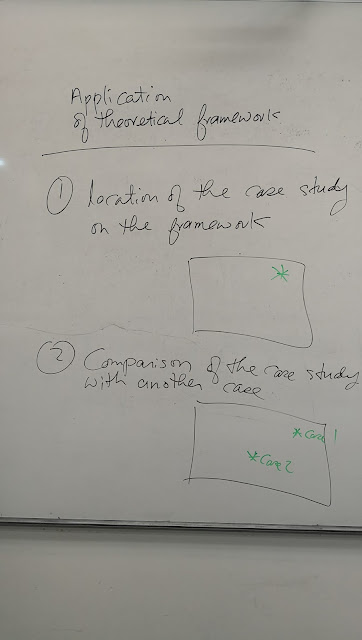The following advices are on how to write recommendations in an applied business research dissertation report:
Advice 1:
1. group the recommendations into three levels:
1.1 strategic level
1.2 tactical level
1.3 operational level
Advice 2:
2. specify recipients of the recommendations
E.g. Recommendation 1: it is recommended that the CEO of the company should do the following.....
Advice 3:
3. Label each recommendation clearly, even though it is related to other recommendations
E.g. Recommendation 1: ....
Recommendation 2: ....
Advice 4:
4. State the time-frame, resources, organizational support and justification for the recommendation:
E.g. Recommendation 3:.. The recommended 6-month action should be taken in two months' time, with sufficient financial support (estimated at $100,000) and sales staff support from the sales department. It is justified by the findings on business process re-engineering (re: section 3.4.2 of this report). {inserting pointers such as section 3.4.2, etc. is to a way to establishing a clear chain of evidence in your report analysis.}







